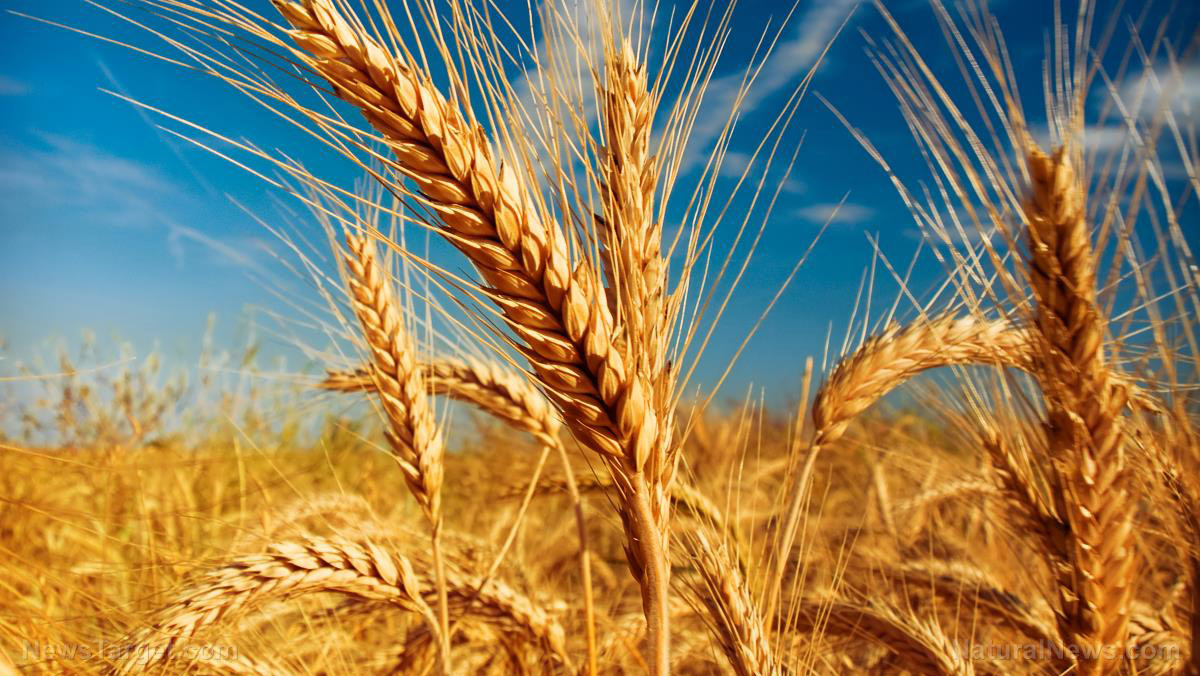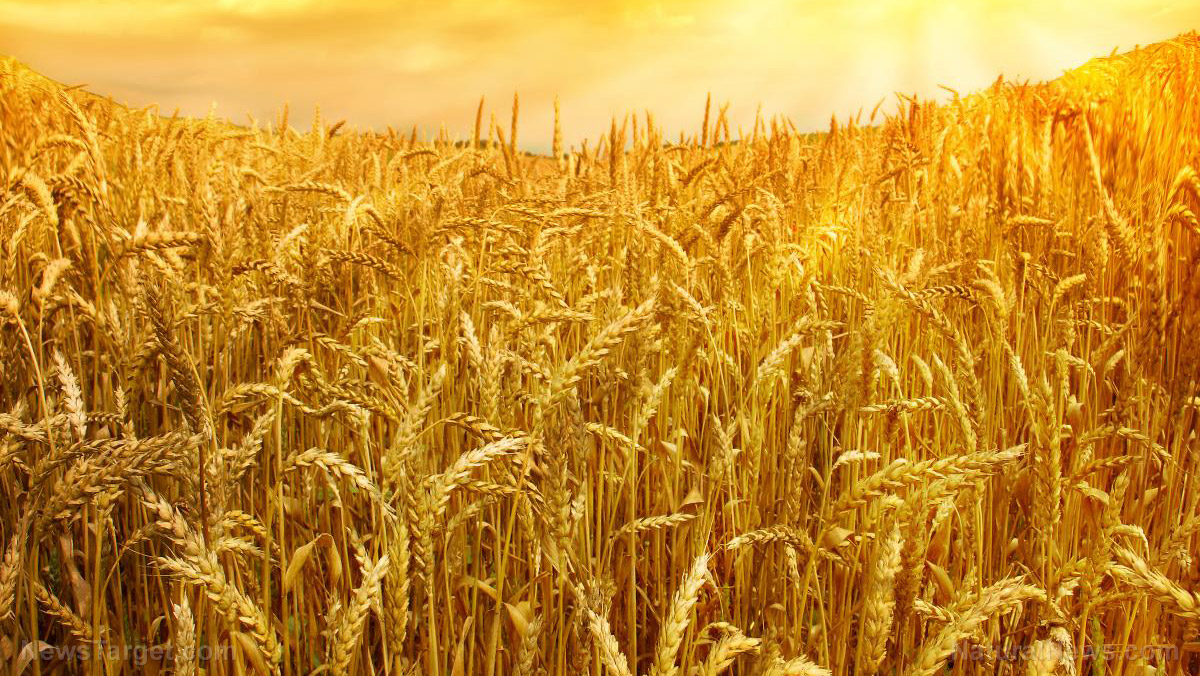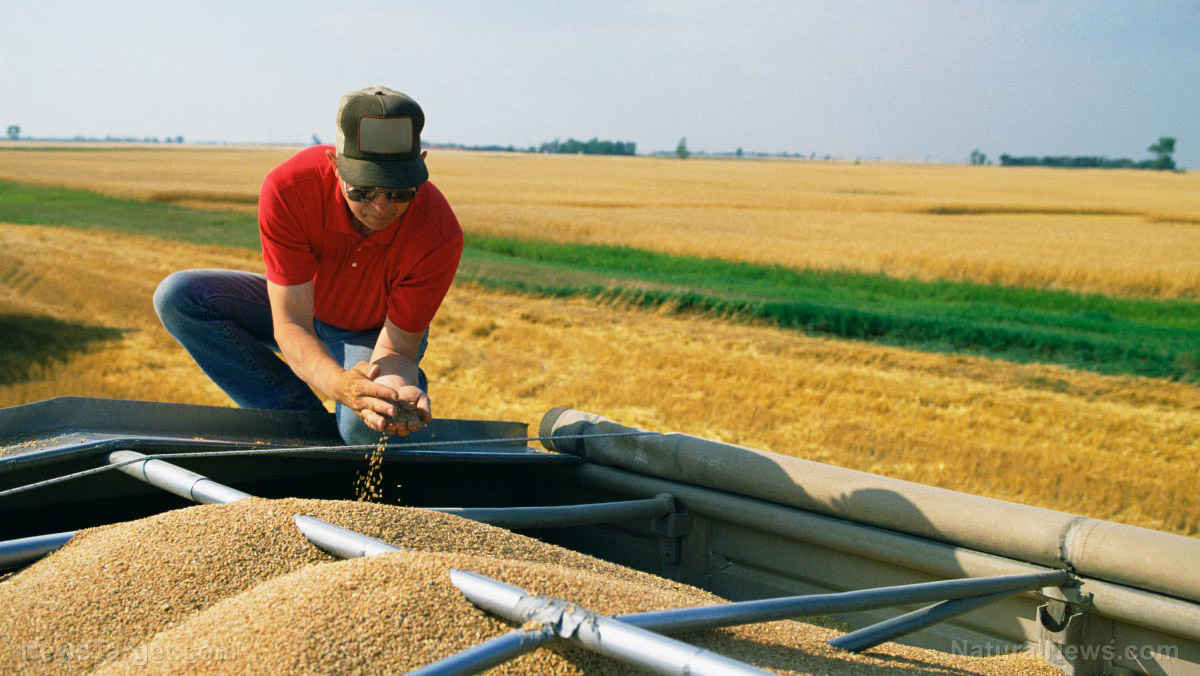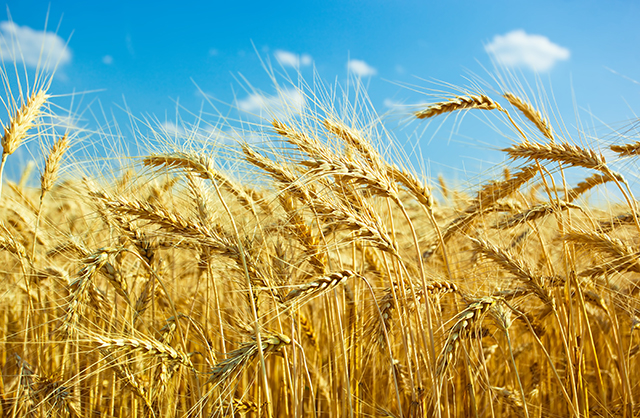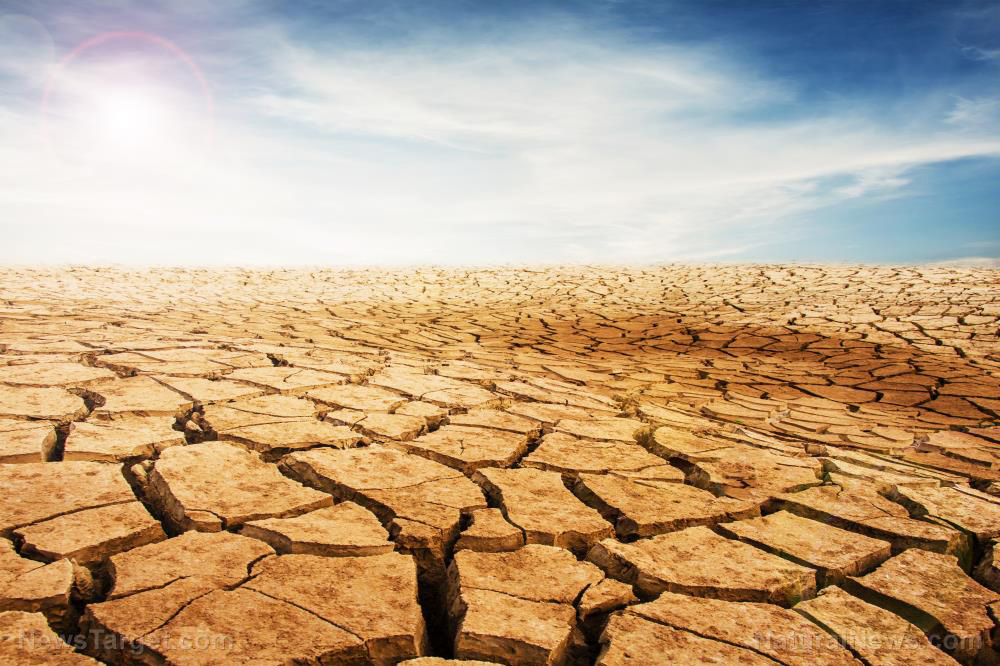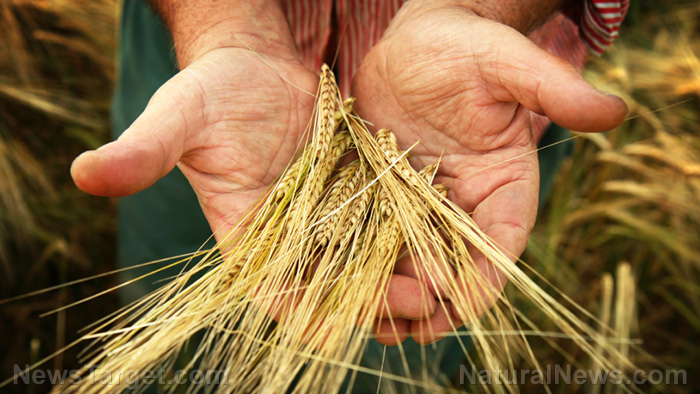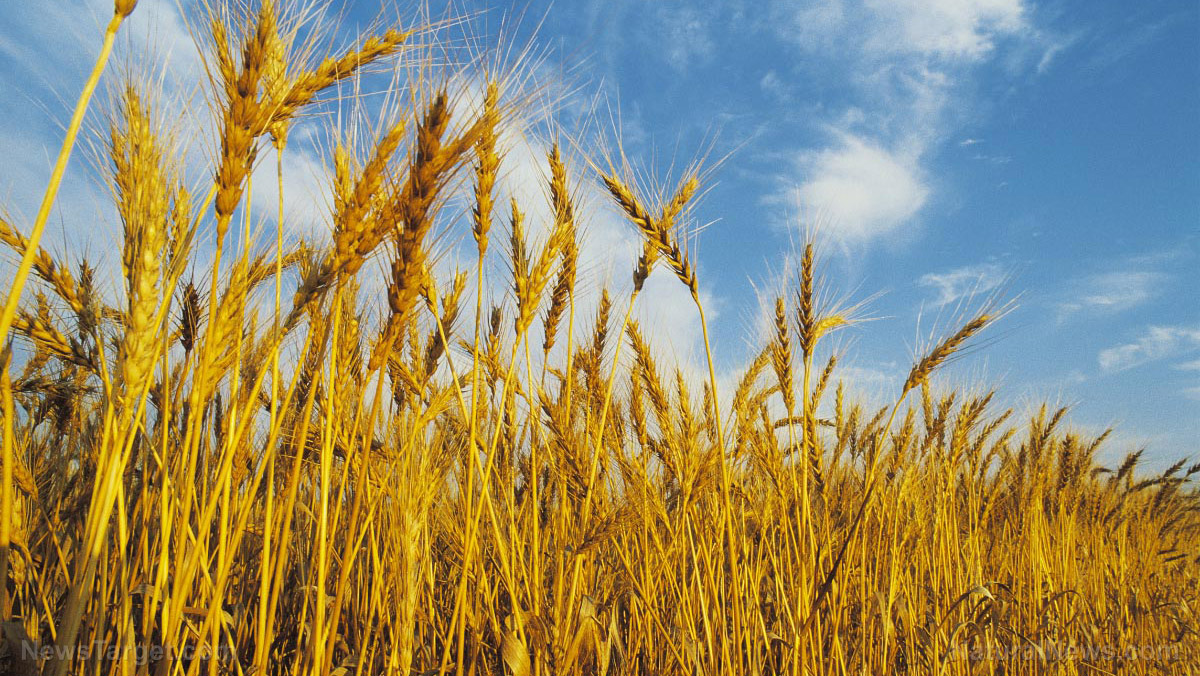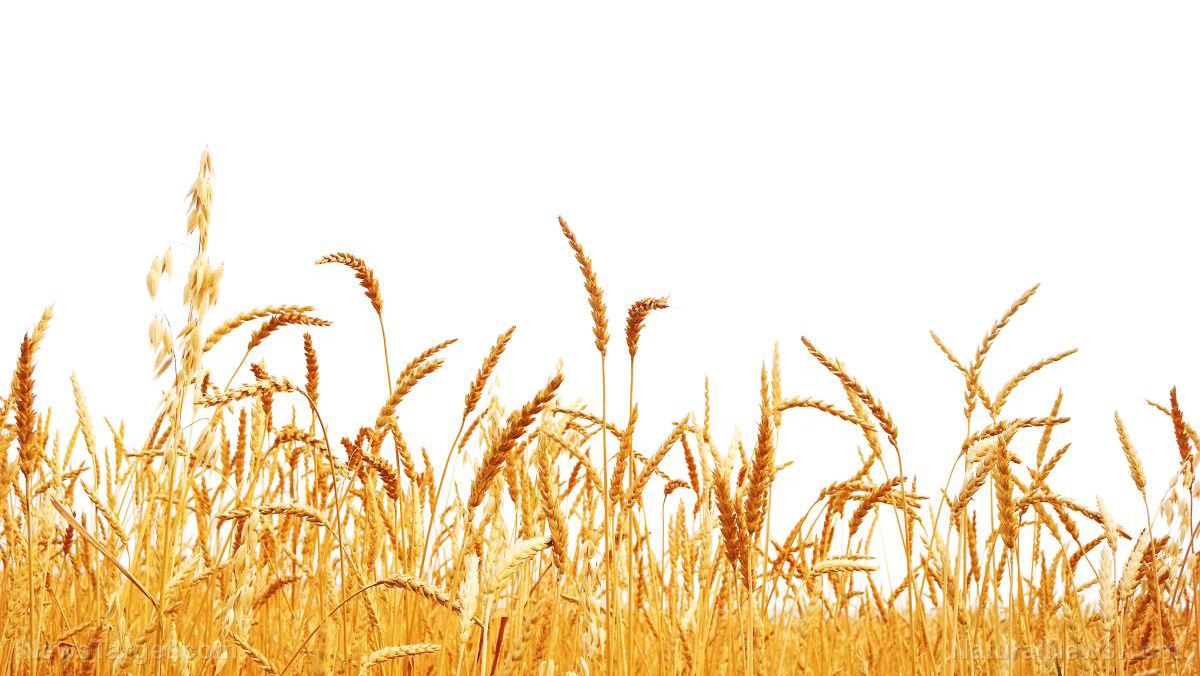Ukraine issues emergency order banning all exports of wheat, oats, meat and more
03/10/2022 / By Ethan Huff
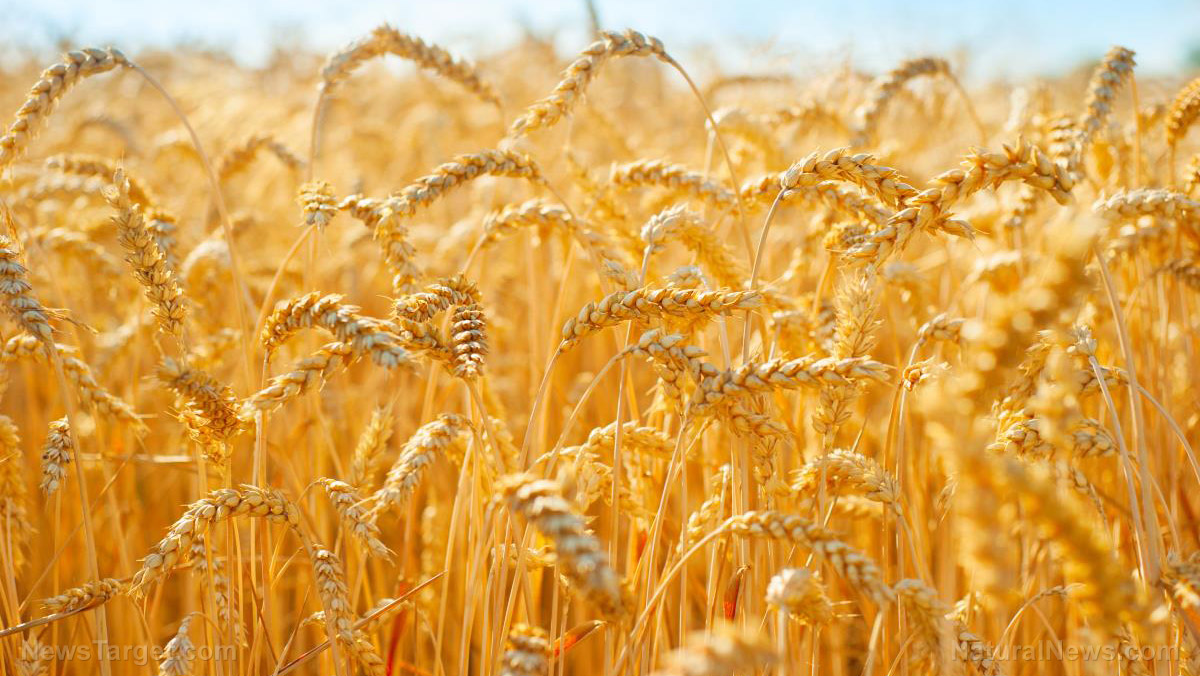
Starting now, no more wheat, oats, millet, buckwheat, sugar, live cattle, meat or other products will be allowed for export out of Ukraine.
Citing the Russian invasion, Ukraine officials issued an emergency order banning exports on a variety of foods and other consumer goods that many other countries rely on for sustenance.
Ukraine’s minister of agrarian and food policy Roman Leshchenko announced that the drastic action was needed in order to avert a “humanitarian crisis in Ukraine,” as some citizens are reportedly now starving as a result of the war.
In order to stabilize the market and “meet the needs of the population in critical food products,” Leshchenko added, Ukrainian food will be staying in Ukraine for the time being.
Global food prices are already sky high and rising with no end in sight. This moratorium on exports is sure to exacerbate that, possibly leading to widespread food shortages and hyperinflation.
According to the Associated Press (AP), Russia and Ukraine together supply nearly one-third of the world’s wheat and barley exports. Since the invasion, prices for these two commodities have skyrocketed.
“The products they send are made into bread, noodles and animal feed around the world,” the AP added.
Billions of people could starve while billionaires see biggest wealth increases in history
The United Nations Food and Agricultura Organization (FAO) says that in 2020, Russia was the world’s top wheat exporter. That same year, Ukraine ranked as the fifth largest wheat exporter.
China and India both rival Russia in terms of wheat production, however both countries consume most of what they produce domestically, leaving very little for export.
As far as corn goes, China is most reliant on Ukraine for this particular food, followed by the European Union and Egypt. Ukraine also supplies much of the world’s corn and sunflower oil, which are used in cooking.
The market has already reportedly adjusted to the fact that wheat harvested and stored last season in Ukraine will not be shipped. What happens to the wheat currently in the ground, which is mostly winter wheat that was planted last autumn, is still unknown.
“What the market’s trying to do is price in the potential of there not being a harvest season for wheat, and not being able to get the wheat out of the fields and / or shipped out of Ukraine,” says Sal Gilbertie, CEO of Teucrium.
Corn and sunflowers, on the other hand, are planted in spring. Whether those go into the ground for the next season is also unknown since there is now talk of a potential Ukrainian war draft.
“It is a biblical event when you run low on wheat stocks,” Gilbertie warns. “You won’t see a global food shortage. Unfortunately, what you’re going to see globally is that billions of people might not be able to afford to buy the food.”
Economist Gary Stevenson wrote on Twitter that the Chicago Wheat price jumped 65 percent in a week, while oil soared above $127 a barrel.
“The effects on poverty and cost of living in this country will be enormous,” he added. “People will starve in their homes. And all the while millionaires and billionaires see their biggest wealth increase EVER in history.”
Both political parties in the United States are complicit in getting us to this point. Their collusion with the central banking cartel and other globalist architects allowed for the unleashing of the plandemic, which was arguably the biggest transfer of wealth to the already-filthy-rich in history.
“If the starving people want to do something productive, turn the ‘elites’ into fertilizer,” wrote someone at Zero Hedge.
More related news can be found at WWIII.news.
Sources for this article include:
Submit a correction >>
Tagged Under:
chaos, collapse, crisis, food collapse, food exports, food shortage, food supply, grain, grocery, inflation, meat, panic, products, Russia, starvation, supply chain, Ukraine, wheat, World War III
This article may contain statements that reflect the opinion of the author
RECENT NEWS & ARTICLES
WheatWar.com is a fact-based public education website published by WheatWar.com, LLC.
All content copyright © 2022 by WheatWar.com, LLC.
Contact Us with Tips or Corrections
All trademarks, registered trademarks and servicemarks mentioned on this site are the property of their respective owners.


